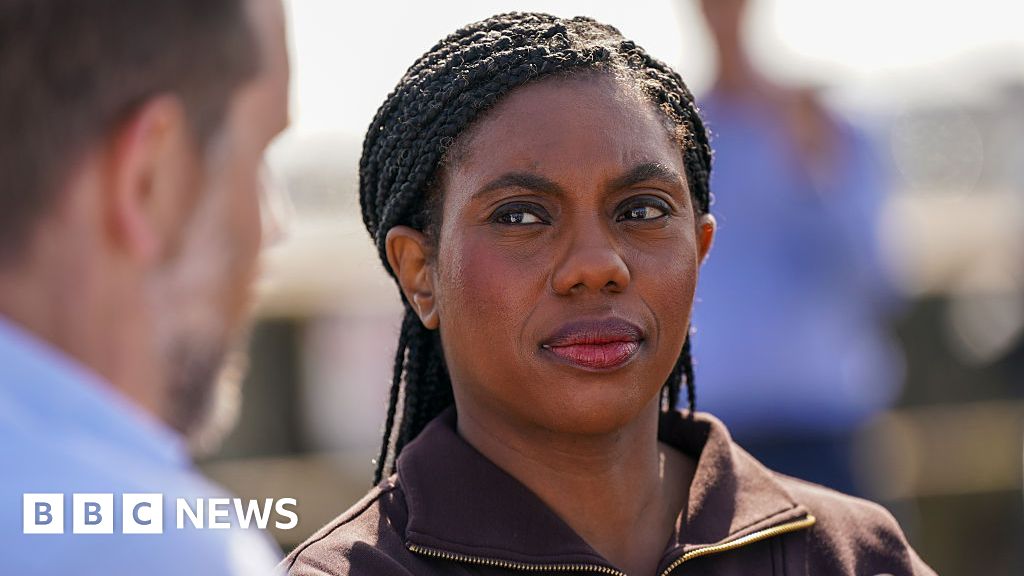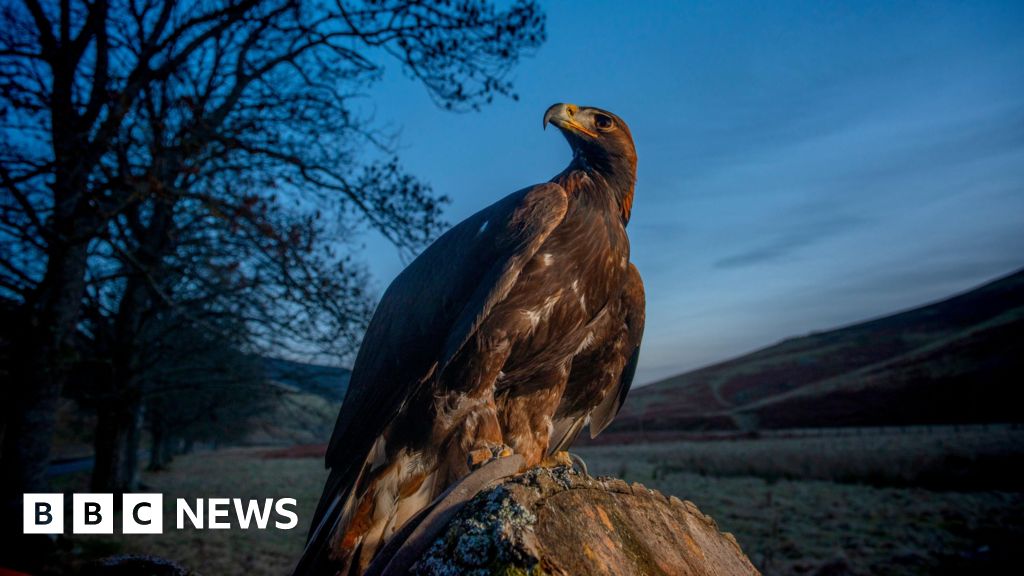- Football
Here are the 19 countries Trump placed under travel bans and restrictions
时间:2010-12-5 17:23:32 作者:Australia 来源:Asia 查看: 评论:0内容摘要:"Beneath the horror and fantasy, your film captures the soul of this place: our history, our struggles, our genius, our joy, our community," Mr Yarbrough wrote."Beneath the horror and fantasy, your film captures the soul of this place: our history, our struggles, our genius, our joy, our community," Mr Yarbrough wrote.
"I think the many different relationships the Doctor has with their companions, but also the companions with each other, kind of really gives that scope that love is love. We need more of that," she said."It wasn't always easy to be a teen, it certainly wasn't easy to be a neurodivergent, LGBT teen, back at the turn of the century. Let's make it better. Things like Doctor Who are so valuable for that."

Bill Potts, the first openly-gay companion played by, has been regularly cited as a key moment in the diversity of the show.Erica Moore, a Doctor Who fan who spent many years in Cardiff but now lives in Boston, USA, said there were other characters and relationships which stood out as encapsulating the show's widespread appeal.

"The Madame Vastra and Jenny relationship, it's inter-species and queer, so that was really nice to see. They're set in Victorian England together, again that's kind of [showing] queer people have always existed," they said.Erica added they were "really interested in the episode Gridlock", where the Doctor goes from vehicle to vehicle speaking to people to try and figure out why they are all stuck.

"There's a lesbian couple, an older lesbian couple... I thought that was really cool because it's just, 'here's all these different couples and all these different families'.
"A lot of the time [when] you have queer characters, [it's] focusing on the struggle and how hard it is to be queer, but I liked that this was just another couple to exist.""The cost of hiring places to rehearse is increasing and it is hard to find those cost effective locations," she said.
As a result, the groups have ended up rehearsing in sitting rooms and making sets in garages.It often means they do not get into the spaces they will be performing in until just before the shows.
For Ms Jerred, arts and culture bring a whole host of benefits to society, beyond just entertainment.She said: "It's great for your mental health, the community, education and economic growth as well.
- 最近更新
- 2025-07-07 09:20:28In pictures: St Paul’s marks 350th anniversary with rare glimpse of its inner sanctum
- 2025-07-07 09:20:28Palestinians in Gaza are calling for their own ceasefire
- 2025-07-07 09:20:28An outsider’s view is likely to foster innovation
- 2025-07-07 09:20:28USA TODAYStorm tracker: Andrea weakens in Atlantic, system in Pacific could become tropical storm
- 2025-07-07 09:20:28Israel-Iran ceasefire off to rocky start, drawing Trump’s ire after fanfare
- 2025-07-07 09:20:28Zohran Mamdani stuns Democratic establishment in New York mayor race
- 2025-07-07 09:20:28Devi Khadka: The woman leading the fight against wartime sexual violence
- 2025-07-07 09:20:28Boeing CEO cancels airshow visit as investigation starts on India crash
- 热门排行
- 2025-07-07 09:20:28our guide to age-smart ways to save on car insurance
- 2025-07-07 09:20:28Israel-Iran ceasefire off to rocky start, drawing Trump’s ire after fanfare
- 2025-07-07 09:20:285 ways the Federal Reserve's decisions can affect your wallet
- 2025-07-07 09:20:28‘Thithi president!’: Supporters rally for banned Ivorian opposition hopeful
- 2025-07-07 09:20:28Pistachio Ice Cream Sandwiches with Walnut Brownies
- 2025-07-07 09:20:28The woman raising 98 children with disabilities in Uganda
- 2025-07-07 09:20:28I Made Matthew McConaughey's Hot Pants Margarita, and Now I'm Ready for Summer
- 2025-07-07 09:20:28Eating Well7 late-night snacks to support your metabolism, according to experts
- 友情链接
- Why workplace anger is misunderstood US and Iran to talk next week as ‘war done’ with Israel: Trump Chelsea and Benfica record wins to enter FIFA Club World Cup knockouts Toy prices rise amid Trump tariffs; bigger hikes possible Palestine Action are not terrorists. Israel is Seven ways to negotiate on property like a buying agent Videos expose racism over use of Israeli bomb shelters Trump says US will speak to Iran next week and ‘may’ sign a nuclear deal All to know ahead of the Topuria-Oliveira blockbuster bout at UFC 317 Trump says US will speak to Iran next week and ‘may’ sign a nuclear deal Shell denies takeover talks with UK rival BP Toy prices rise amid Trump tariffs; bigger hikes possible Toy prices rise amid Trump tariffs; bigger hikes possible Palestine Action calls UK ban ‘terrifying’ for civil liberties Why workplace anger is misunderstood Millions of Americans look for relief as heat wave sets record highs I’m in northern Gaza. I would rather starve than take GHF aid Traffic safety watchdog looking into erratic driving by Tesla robotaxis Photos: Young Palestinians in Gaza turn plastic into fuel Photos: Young Palestinians in Gaza turn plastic into fuel Trump declares ‘victory for everybody’ despite doubts over US strikes Palestine Action are not terrorists. Israel is Are airlines stopping flights to Middle East amid soaring tensions? Are airlines stopping flights to Middle East amid soaring tensions? Are airlines stopping flights to Middle East amid soaring tensions? Iran passes bill to halt IAEA cooperation as fragile Israel ceasefire holds One more sizzling hot day for the eastern US before temperatures plunge 30 degrees Iran attacks US air base in Qatar: What we know so far All to know ahead of the Topuria-Oliveira blockbuster bout at UFC 317 The myth of Iran’s invincibility has been broken, and the fallout could be far-reachi…
